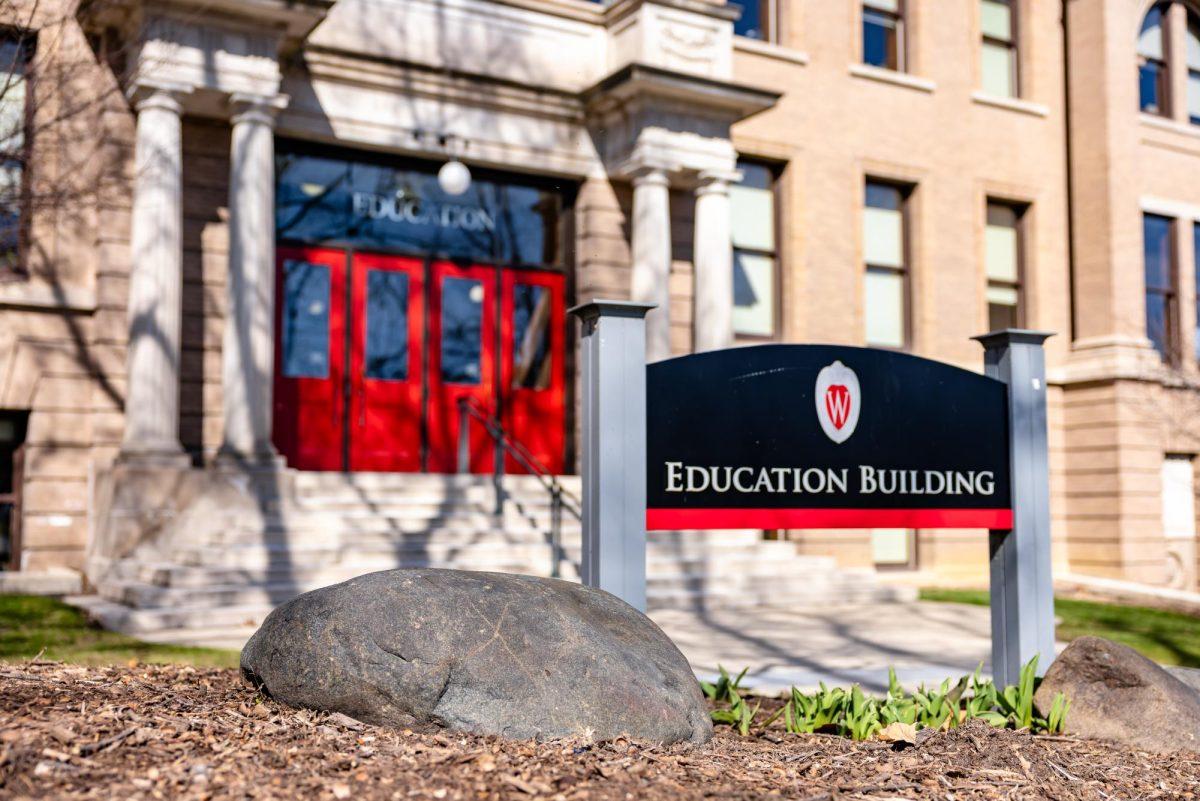Students in the teacher education program at the University of Wisconsin’s School of Education recently voiced concerns with administrators’ failure to adhere to an emergency rule that would allow students to stop participating in teacher education programs upon graduation.
Before the implementation of the emergency rule, Wisconsin State Law required students to continue teacher education placements for an additional month after graduation — the equivalent to the K-12 school district semester, according to the Teacher Education Center Field Experience Handbook.
One issue students raised regarding the policy was the economic burden it would cause. Students are required to work a full-time unpaid job for an additional month following graduation, while their peers have that time to navigate their post-graduation plans, according to a current senior in the teacher education program Kal Szarkowicz.
“We are aware of other UW System schools that are ending at graduation, which means that we could be potentially put at a disadvantage with job opportunities,” Szarkowicz said. “Those people have the opportunity to have the flexibility for interviewing times since they won’t be working full time at that point anymore, as well as even being employed or substitute teaching during that last month that schools are open.”
Students were also concerned they would lose access to amenities and resources provided by the university, such as University Health Services and RecWell resources, Szarkowicz said.
The emergency rule outlined alternatives for the current teacher education program policy, Szarkowicz said. One of those alternatives was for students to continue the four weeks after graduation but work as paid, substitute teachers for 10 of those days, according to the emergency rule. This option would allow students to gain experience and preparation while also being paid. But Scarkowicz said administrators opposed this option.
“They also weren’t providing other flexibilities in the bill like letting us substitute teach for 10 days and be paid for that time, so there were a lot of things about it that, to us, just felt very unsupportive of us as student teachers,” Szarkowicz said.
Students in the program have been discussing possible alternatives or adjustments to the current plan, such as maintaining resources available to them as students, according to Szarkowicz.
Associate dean for teacher education Tom Owenby said in an email statement to The Badger Herald the program would maintain the current duration of student teaching.
The program cannot make adjustments for the Spring 2024 semester due to the timing of the emergency rule, Owenby said. If the program is adjusted in future semesters, it would require a re-design of the field experiences, according to Owenby.
“The driving reason for the decision to keep the student teaching experience at a full school district semester was to ensure the highest-quality teacher preparation program our School of Education can offer,” Owenby said.
Despite the inability to adjust the program duration, the School of Education has allocated funds allowing students to retain access to student services until the conclusion of their field experiences, School of Education communications associate director Todd Finkelmeyer said in an email statement to The Badger Herald.
Szarkowicz and other students understand systemic issues in the education system and brought these concerns forth to encourage UW to respect future students pursuing the education field by including them in decisions regarding their education, Szarkowicz said.
“The reason that I’m fighting so hard for this, even if we’re not able to get what we would like and what we deserve, I want that for other people,” Szarkowicz said. “I think they [students in the School of Education] deserve these rights and this flexibility.”







